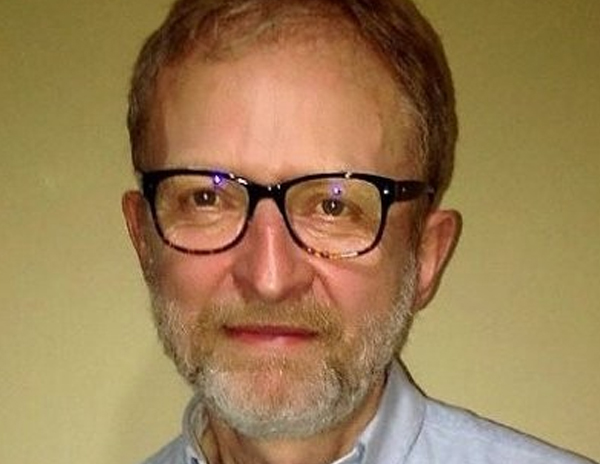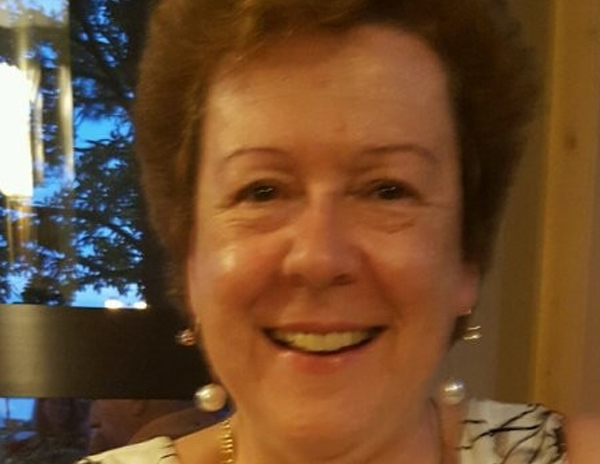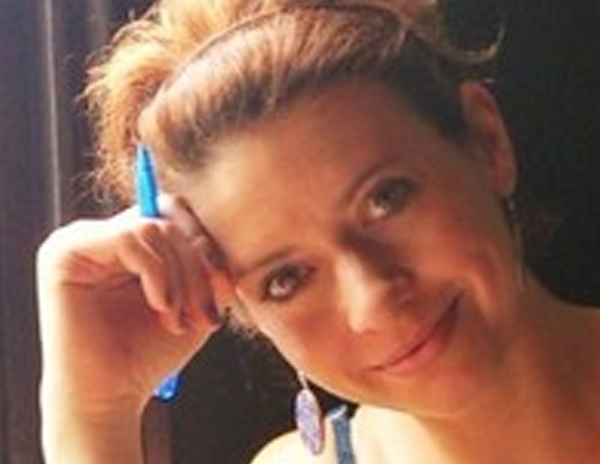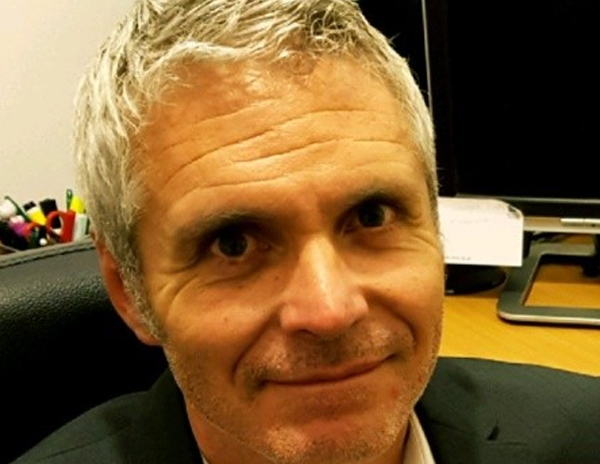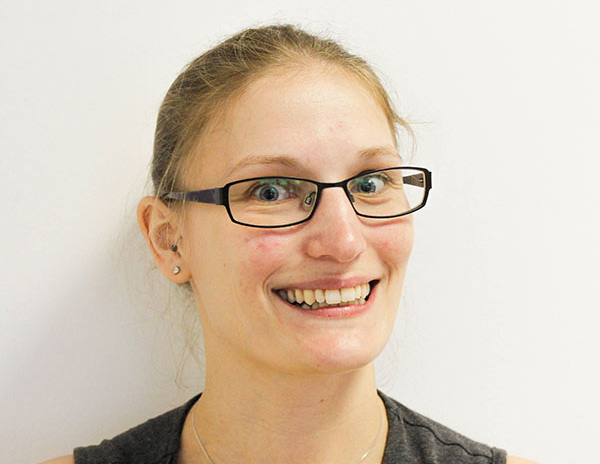We promote a culture that takes account of children and young people's views according to age and understanding in identifying and meeting their educational needs. The Looked After Team works with education settings to meet the needs of children and young people with looked after status. Our Looked After Team:
We achieve this by providing timely and effective delivery of services designed around the specific needs of children and young people with looked after status.
The mental health of looked-after children is significantly poorer than that of their peers, with almost half of children and young people in care meeting the criteria for a psychiatric disorder. In comparison one in ten non-looked-after children and young people suffer from a diagnosable mental health disorder.
Mental health and well-being of looked-after children, 2016
Our EHP Looked After Team is made up of:
Our Looked After Team are passionate about supporting children and young people with looked after status, and helping them to achieve their goals. Our professionals can take part or advise during the personal educational plan (PEP) process.
EHP is registered with all major professional memberships.
Looked after status, as defined in section 22 of the Children Act (1989), relates to a child or young person who has been taken into the care of the local authority. The majority of children and young people with looked after status have experienced abuse and neglect.
Reason for being looked after When a child starts to be looked after their primary need is collected and the proportions of children in each primary need group each year have remained fairly stable. However, we have seen the proportion of children looked after due to abuse or neglect fall slightly from 62% in 2014, to 61% in 2015 and to 60% in 2016. Over the same time period the proportion of children in need due to absent parenting has risen from 5% in 2014, to 7% in 2016, reflecting the rise in unaccompanied asylum seeking children.
Children looked after in England (including adoption) year ending 31 March 2016
A child or young person with looked after status can live in a variety of settings, including:
Due to the amount of possible variation that can happen within the life of children and young people with looked after status it is important that consistency and stability remain where possible. For ongoing work we ensure that professionals working with students with looked after status remain consistent and reliable through allocating a designated member of our team.
Children and young people with looked after status face many education and health challenges due to their experiences, including:
When working with children and young people who have looked after status we ensure we always keep the individual's background and risk factors in mind during our input.
Early needs identification and appropriate interventions are really important when working with children and young people who have looked after status as any delays could lead to long lasting effects in their lives. Early identification of needs and intervention by our specialists helps children and young people with looked after status to increase their chances of reaching their potential academically, socially and emotionally.
Most children become looked after as a result of abuse and neglect. Although they have many of the same health issues as their peers, the extent of these is often greater because of their past experiences. For example, almost half of children in care have a diagnosable mental health disorder and two-thirds have special educational needs. Delays in identifying and meeting their emotional well-being and mental health needs can have far reaching effects on all aspects of their lives, including their chances of reaching their potential and leading happy and healthy lives as adults.
Promoting the health and wellbeing of looked-after children, 2015
Children and young people with looked after status are a high priority for all schools and local authorities. Unfortunately there is a high chance any child or young person with looked after status will have difficulties in school due to their experience and life chances. The latest government figures tell us that around 70% of children and young people with looked after status have special educational needs. Children and young people who have looked after status and an identified SEND are much more likely to be considered for an EHC plan.
Children who are being accommodated, or who have been taken into care, by a local authority (i.e. under Section 20, or Sections 31 or 38 of the Children Act 1989) are legally defined as being 'looked after' by the local authority. Around 70% of looked after children have some form of SEN, and it is likely that a significant proportion of them will have an Education, Health and Care (EHC) plan.
SEND Code of Practice, 2015
Recent figures also suggest that almost half of children and young people in care have a mental health disorder which is why we have included a Looked After Team within our SEMHS service. Our Looked After Team are available to all education settings: mainstream, specialist, PRUs, academies and independent.
Dedicated services to promote the mental health and emotional wellbeing of children and young people in care. Evidence suggests that early intervention to promote mental health and wellbeing can prevent the escalation of challenging behaviours and reduce the risk of placement breakdown. Flexible and accessible mental health services are needed that offer skilled interventions to looked-after children and young people and their carers. These services should have the capacity and expertise to work with black and minority ethnic children and unaccompanied asylum-seeking children and young people who may have particular needs.
NICE: Looked-after children and young people
Our specialist services can be accessed by education, health and other professions working with children and young people.
It is vital that special educational needs and disabilities (SEND) are identified in addition to the needs present due to having looked after status. Through our multidisciplinary Looked After Team we assess, identify and facilitate input for a child or young person's SEND in addition to their needs associated with having looked after status. During the assessment of SEND our professionals will take into account information set out in a care plan.
Our specialist Looked After Team can support an education, health and care (EHC) plan application for students with looked after status. The information provided by our team will be related to meeting the individual's areas of need in terms of their education.
By working together we will ensure that the child or young person's EHC plan works in harmony with their care plan. We aim to meet the education and health needs of the child or young person.
No, we work with all children and young people with looked after status regardless of whether they have SEND, the amount of time they have spent with looked after status or their age.
We provide specialist therapeutic services for children and young people who have been adopted through our Adoption Team. Read more about the services our Adoption Team provide.
To maximise their potential and overcome barriers to learning, students with looked after status require additional specialist support. We offer therapeutic support to students who have looked after status in school. Therapeutic work we offer includes:
Our Looked After Team ensure that they understand the background of the children and young people they work with in order to avoid triggering a negative reaction to input.
Our Looked After Team work with children, young people and other professionals in an advisory capacity. Who we work directly with is decided based on a number of risk factors, read more about those circumstances below.
There are some occasions when it will be appropriate for us to work directly with the child or young person. These times may include when one of the following is required:
If you are unsure as to whether a direct or indirect approach would be best please get in touch.
There are some occasions when it will be more appropriate for our Looked After Team to work indirectly with the child or young person. This means our team will speak to parents, carers or relevant professionals already involved in the child or young person's education, health and care needs. The times when indirect work may be more appropriate can include any of the following:
The decision of who carries out interventions is made on a case by case basis according to the student, their needs and their background. Working within the education setting allows our Looked After Team to use existing relationships to maximise the impact of our interventions. When an intervention has a set end date, for example six weeks, we would consider the impact of the withdrawal of our input with the student. If you are unsure as to whether a direct or indirect approach would be best please get in touch.
There are many needs our Looked After Team can assess in students with looked after status. We can assess their:
One of the ways we may assess the needs of a child or young person with looked after status is to complete an attachment interview for childhood and adolescence (AICI) or a child attachment interview (CAI). The attachment interviews are semi-structured conversations between the child or young person, parents or carers and a member of our Looked After Team. The interviews cover topics relating to previous and current perceptions towards caregivers and other adults in their lives. At the end of the interview we will have an understanding of the individual's attachment needs and coping strategies in place which will lead to effective support strategies. The interviews are appropriate for all school-aged students.
The specific assessments our Looked After Team complete will lead to appropriate and effective interventions being able to be put in place to best support a child or young person with looked after status.
Emotional wellbeing is made up of many different components, and our Looked After Team improve emotional wellbeing through increasing self-esteem, supporting understanding of their past through life-story work and providing specialist input. A number of factors contribute to an increase in emotional wellbeing, including:
Emotional wellbeing also increases through a calmer and more enjoyable educational experience.
We provide lots of targeted work to help children and young people with looked after status, fellow students, and their education settings to develop an inclusive environment.
Our targeted work for children and young people with looked after status benefits education settings as a whole. Many children and young people who do not have looked after status have similar difficulties and needs. An example of the groups we offer are:
Our specialists can also design a bespoke group according to identified needs and requirements. Our Looked After Team may deliver group work directly or we can provide training to an identified person so that they can carry out the intervention.
There are many areas related to looked after status in which we offer training. Common examples of the training we provide in relation to looked after status are:
If there is a specific area you would like to receive training on then please get in touch to discuss your requirements.
Our training is available on and off site for education settings and organisations in relation to health, psychology and education.
Our Looked After Team offer a broad range of whole school services which would benefit a school with students who have looked after status, including:
Each school is unique which is why we can adapt packages or create a bespoke package to suit your requirements.



A social worker plays an important role in terms of children and young people with looked after status as they co-ordinate all required health, education and welfare support.
At EHP we have social workers in our Looked After Team and our Social Work in Schools Team who would work in conjunction with the local authority social worker.
When working with a school supporting children and young people with looked after status our role is to:
At EHP our specialist multidisciplinary Looked After Team have the combined skills and knowledge to achieve the roles we have outlined above.
For children with looked after status in an early years setting we focus on:
Having specific focus areas for early years settings ensures that these issues are recognised and supported as early as possible, facilitating future input.
For primary school aged children with looked after status, we focus on:
Primary school is a very good age for providing support to looked after children as it is usually a stable and consistent environment.
For secondary school aged children and young people with looked after status, the focus adapts to:
Secondary school is a challenging time for many children and young people due to a wide range of factors, for looked after students the challenges are intensified so we must be vigilant to evolving needs.
Improving learning outcomes for children and young people with looked after status is important as they may face the following barriers to learning:
Improving both short-term and long-term outcomes is achievable through a consistent and specialist approach within an education and home setting. Individual achievement and high aspirations should be encouraged at all times. Improving educational outcomes also improves an individual's life chances as they will have more training or employment opportunities in the future. To improve educational outcomes we work directly with children and young people in addition to equipping education professionals and carers with the necessary knowledge, understanding and skills to support children and young people with looked after status within education and home in preparation for the future. Adaptations to the environment in addition to a shift in teaching and parenting focus may improve learning outcomes for children and young people with looked after status.
Outcomes for looked after children have improved a great deal in recent years, thanks to the hard work and commitment of managers and front line staff alike. But – in terms of education, health, job prospects, and the likelihood of teenage pregnancy and contact with the criminal justice system – the outcomes are still much worse than for other children.
Further Action on Adoption: Finding More Loving Homes
Local authorities have responsibility to support students with special educational needs and disabilities in addition to looked after needs. Local authorities are responsible for the safeguarding and welfare of children and young people within their care. Services provided to students with looked after status should be sufficient to help children and young people be happy, healthy and maximise their potential. The local authority has a responsibility for the statutory social work provided to a child or young person with looked after status.
Our Looked After Team provide services which complement existing statutory services for children and young people with looked after status provided by the local authority. Our Looked After Team cannot be used as a replacement for their statutory services.
When commissioning services for children and young people with looked after status it is important that the services meet the following:
Our professionals have specialist knowledge and experience to ensure that they have the appropriate skills and competences to support students with looked after status. At EHP we take training, supervision and quality assurance seriously and have measures in place.
Our Looked After Team bring many benefits to children and young people with looked after status and education settings. As a team we aspire to:
Our specialist multidisciplinary team:
It is important that children and young people with looked after status receive specialist support, as some of their difficulties and barriers to learning can be extremely complex to identify and address.
However, a significant number are failing to identify mental health issues when children enter care and services are turning away vulnerable young people for not meeting diagnostic thresholds or being without a stable placement. It is important that all children who need access to CAMHS get it in a timely manner. We believe that looked after children should be viewed as a priority for access to mental health assessments and never refused care based on their placement or severity of their condition.
Mental health and well-being of looked after children, 2015-16
Our professionals work alongside all external services in addition to EHP's internal specialists. External professionals we would alongside include:
Co-ordination and co-operation between professions and support is important, which is why we welcome a joined-up approach.
Anyone within an education, local authority or NHS setting can refer to our Looked After Team. Usually we would receive referrals from:
Our referral process is swift and simple.



In order to work with children and young people with looked after status we would need external permission from the individual's Local Authority social worker.
Our services can be funded through a variety of ways.
Our Looked After Team support transitions within and between schools. Transitions can cause a lot of unrest among children and young people who have looked after status and it is vital that transitions are well planned and managed appropriately. Our Looked After Team support transitions through systemic work, group work, individual work and consultancy. Please get in touch to learn more about how we help with transitions.
Our Looked After Team provide effective and responsive input to meet the needs of young people in transition between the ages of 16-25. Input we provide includes:
Specific input provided in relation to young people leaving care will depend on the individual's needs and unique situation.
Children in care and care leavers are more likely to experience poor health, educational and social outcomes. Young people leaving care in the UK are five times more likely to attempt suicide than their peers. They are also more likely to enter the criminal justice system. 23% of adult prisoners have been in care, and 40% of prisoners under 21.
Mental health and well-being of looked after children, 2015-16
Yes, our Looked After Team can be commissioned by Youth Offending Institutes (YOIs) and other correctional facilities.
Children and young people on remand to youth detention accommodation are treated as looked after by their designated local authority under the terms of the Legal Aid, Sentencing and Punishment of Offenders Act 2012 (section 104(1)).
SEND Code of Practice, 2015
If you would like to find out more about the services we offer or to book a free initial discussion then please contact us on email office@ehp.org.uk
If you would like to find out more about the services we offer or to book a free initial discussion then please contact us on email office@ehp.org.uk
EHP © Copyright 2026. ALL Rights Reserved.
Part of Tx Group

At EHP we thrive on feedback. We're happy to hear that this page has been helpful to you, would you like to leave some feedback?
At EHP we thrive on feedback. We're sorry to hear that this page wasn't what you where looking for, how can we improve this service?
At EHP we thrive on feedback. We're sorry to hear that there was something on the page you found unsatisfactory, how can we improve this?
